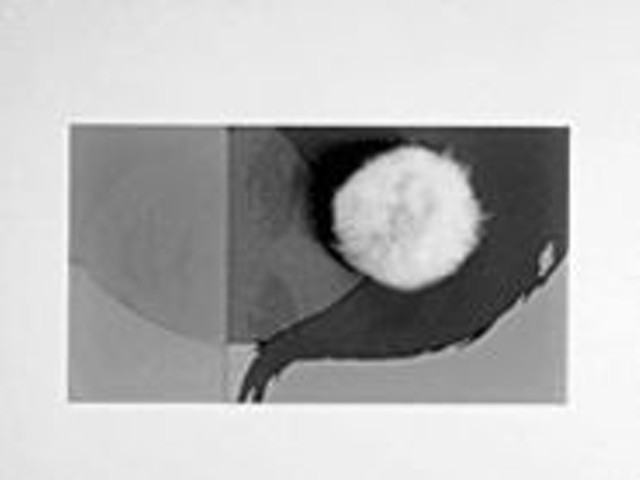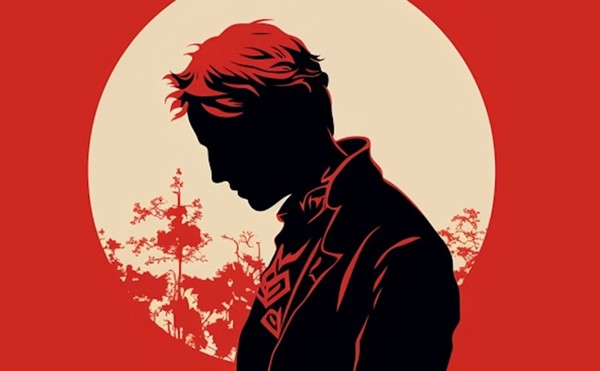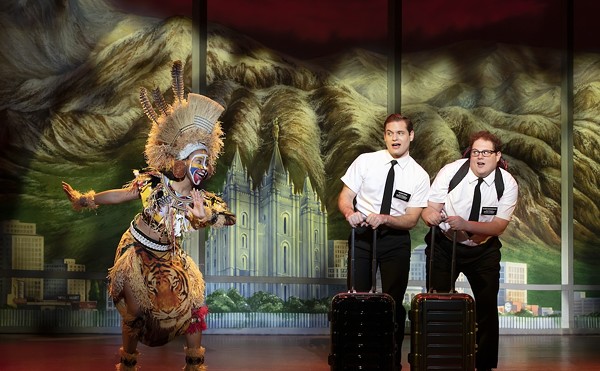Rameau, although a fine composer, is much more important as a theoretician. In his Treatise on Harmony, he laid down the principles of music that are, to this day, the basis of every fundamentals-of-music class. In his time, he was considered avant-garde. Bach had perfected counterpoint, the juxtaposing of different melodies to create musical movement. The Western world was convinced that this was the way to compose. Rameau championed harmony, the stacking of notes in chords to create textures and paint emotions. Rameau's score to Hippolytus and Aricia is a beautiful and brilliant set of illustrations of his theories. The conflicts and tragedies in the story give him a full emotional palette with which to work.
Rameau was such a perfectionist that on his deathbed he chastised the priest giving him last rites for his lousy chanting. He would have no complaints with OTSL's orchestra and cast. These singers and musicians take sonorous advantage of the darkly sparkling score. OTSL's four-opera season has been a banquet of fine singing, and Hippolytus and Aricia, this year's final production, is its pièce de résistance. The soloists reach deep into the score, extract emotional conflict and infuse the predicaments of these mythological characters with it. Duets by doomed lovers share sad minor-key harmonies and operatic arguments between mortals and gods set contrapuntal melodies dancing against one another. In both the fires of Hades and among the priestesses of Diana, glorious baroque choruses rise from masses of singers. This is grand opera spectacle in classic 18th-century French style.
OTSL and director Colin Graham have chosen to stage the opera as close to that original style and spirit as possible. This production's problems stem from that choice. In 1733, when Hippolytus and Aricia was first performed, French opera was a stagnant, dying, extremely stylized form. The audience expected certain kinds of dances, airs and interludes to be built into the show. In OTSL's version, the dances are real showstoppers, and not in the good sense. To modern eyes, they come off as either amateurish or comically high-camp examples of the effete, courtly style of the High Baroque era. The translation of Simon-Joseph Pellegrin's original French libretto compounds the problem. I can live with Diana's or Pluto's or Neptune's dialogue being stilted in a highfalutin way. Heck, they're gods. But the singers playing Theseus, Phaedra and the two lovers really have to fight through the language to achieve emotional impact in their performances.
On the other hand, the decision to use the finest special effects available in the 18th century leads to much better results. The depiction of Hades is stunning, featuring a decadently evil Pluto and a trio of bloodied Fates, ghastly enough to scare Stephen King. At the opposite end, the smoke-belching sea monster from which Neptune, god of the seas, saves the lovers looks like a demented version of the Chicago Bulls mascot. It's so goofy that it works. The total effect is an interesting and entertaining opportunity to take a musical time-machine trip to a bygone era.





